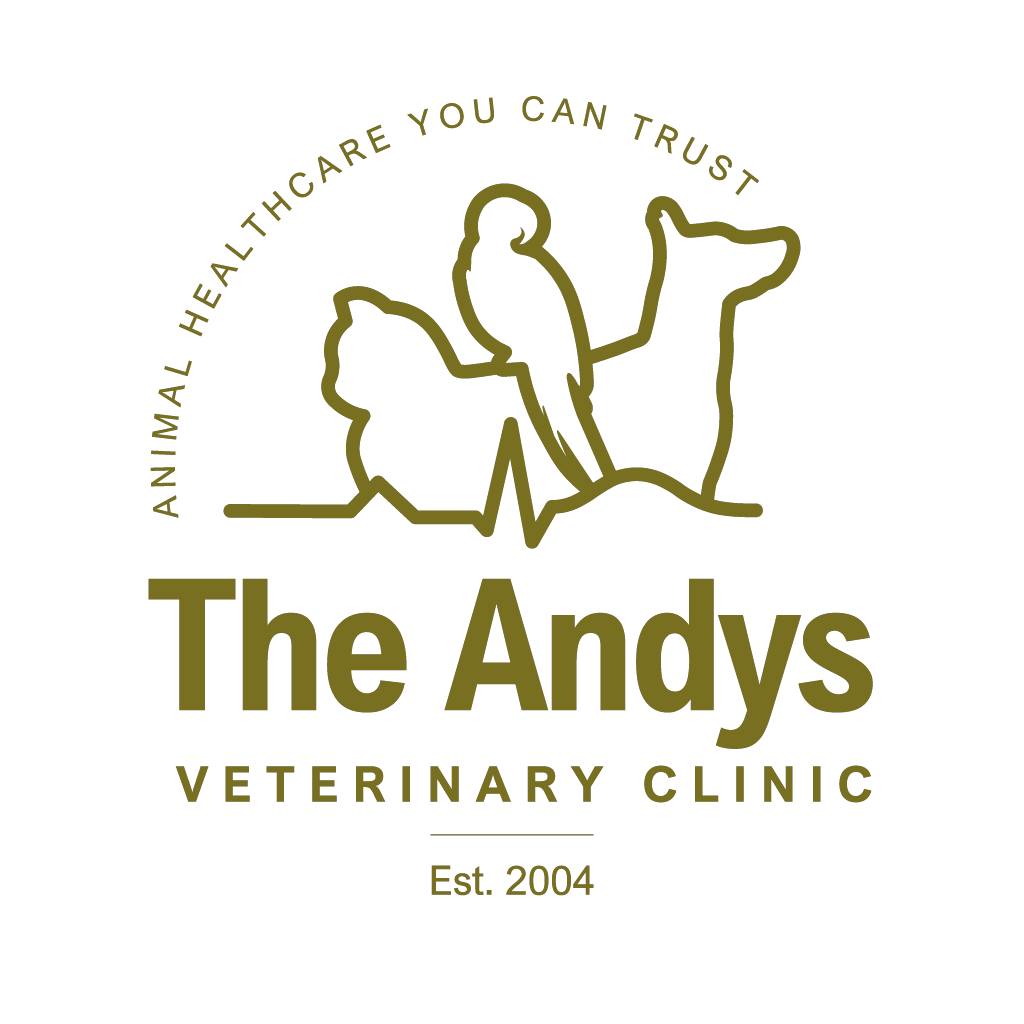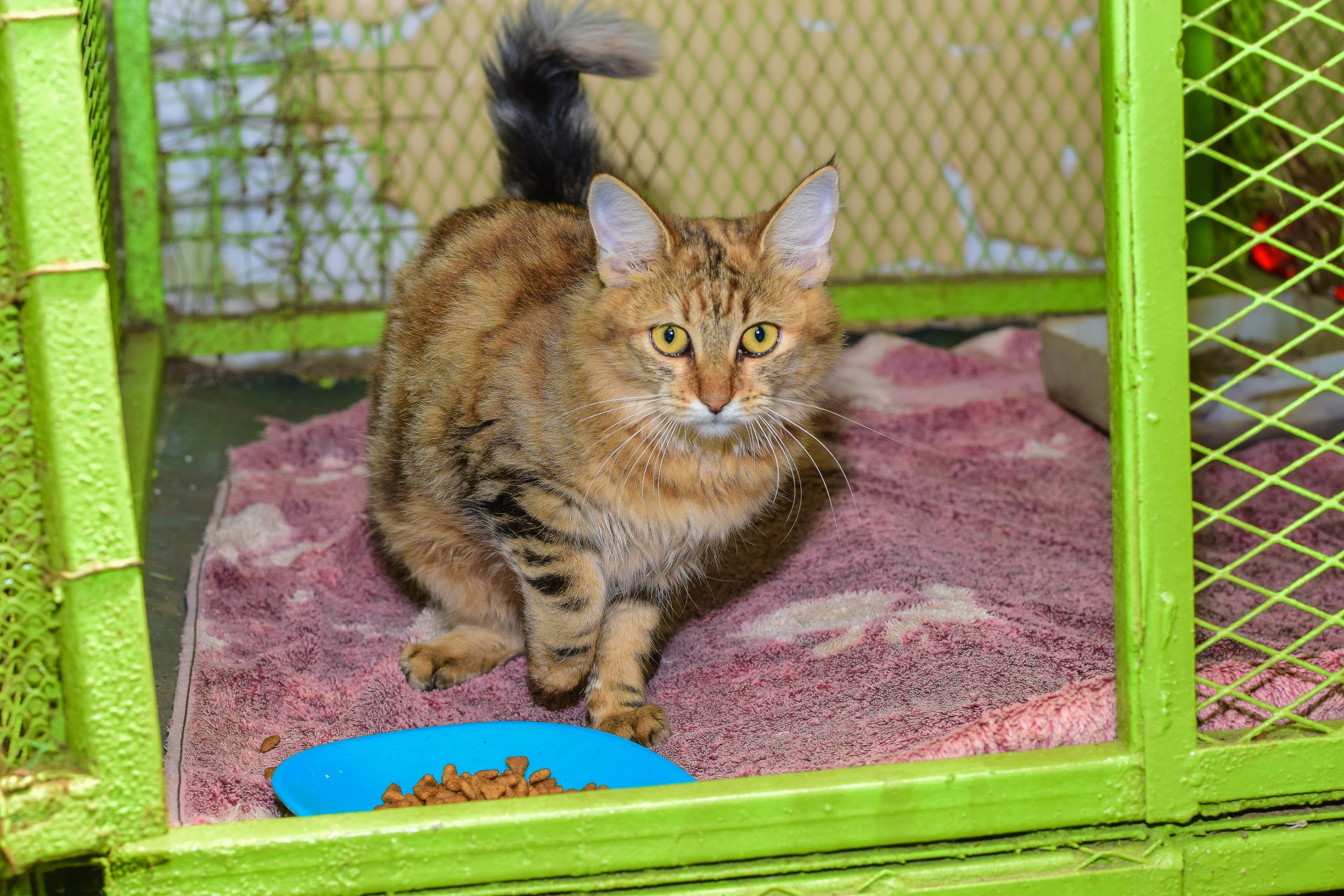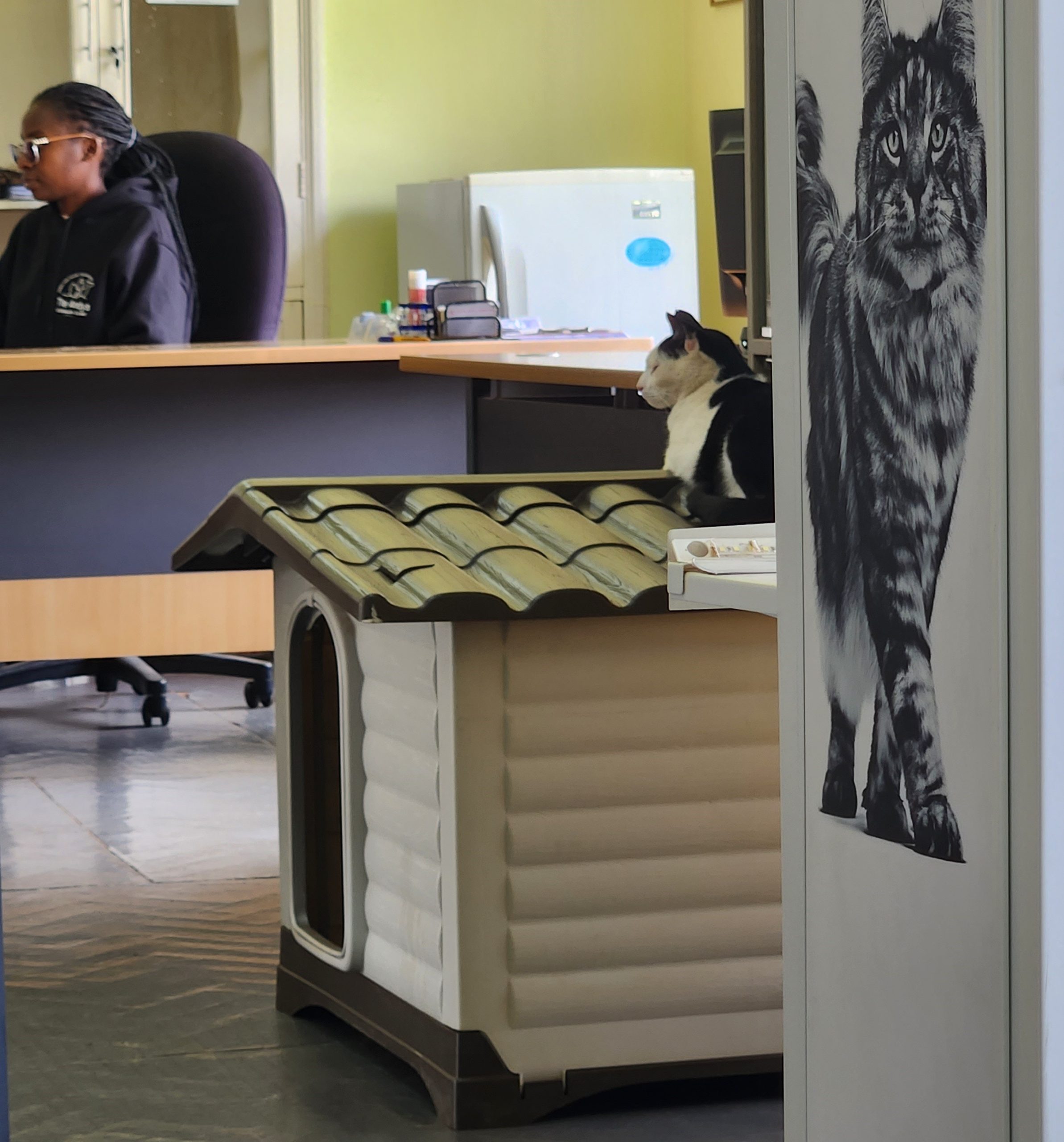Toxoplasmosis in Cats
We received a call from a lady who was expectant and had been tested positive for Toxoplasma gondii infection. She was very concerned that her dogs could have passed this infection to her; she does not own any cat. During the telephone conversation, she mentioned that stray cats occasionally come to her compound.
Toxoplasmosis is an infection caused by Toxoplasma gondii and it affects all warm blooded animals and causes problem for the unborn baby.
Cats are the only known definitive hosts for the parasite to complete its life cycle where the eggs are passed through the feces into the environment. Dogs cannot be a source of infection.
People are infected through fecal contamination from the cat litter, consumption of raw or uncooked meat and vegetables contaminated with T.gondii eggs and drinking of unpasteurized milk. Contamination from cleaning of the cat litter is the most common method of infection to humans.
Infection in cats can be acute or chronic, adult cats maybe immune to Toxoplasmosis. The ones that are infected have symptoms that vary from lethargy, loss of weight, muscle weakness and tremors, to vomiting, diarrhea, jaundice and eye infections. Toxoplasmosis is more likely to occur in cats with Feline leukemia virus (FeLV) or Feline immunodeficiency virus (FIV) or kittens that were infected while in utero.
Diagnosis is by history, clinical presentation and positive antibody test for toxoplasma IgG and IgM antibodies.
Treatment in cats include use of clindamycin, pyrimethamine and sulfadiazine which all work in inhibiting the reproduction of the parasite. Most cats respond favorable to the treatment, except for the kittens or immune compromised cats.
Prevention is hygiene of litter box, and avoiding feeding cat with uncooked meat. People can avoid infection through hygiene; washing hands after changing the litter box, changing the litter box on a daily basis , washing of vegetables and avoid eating uncooked meat .





